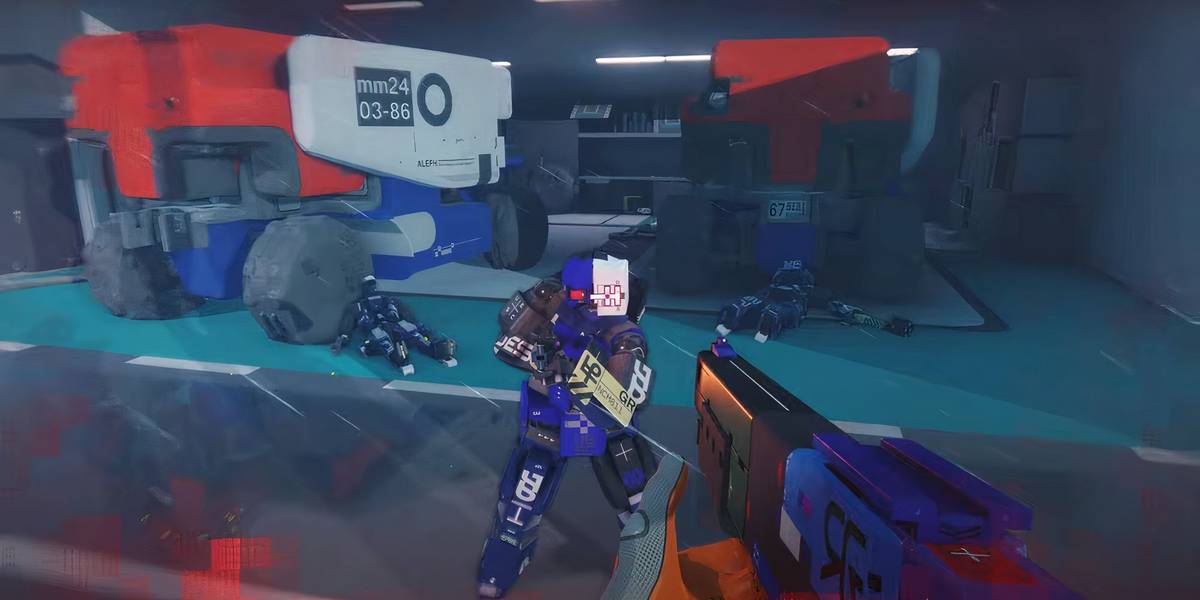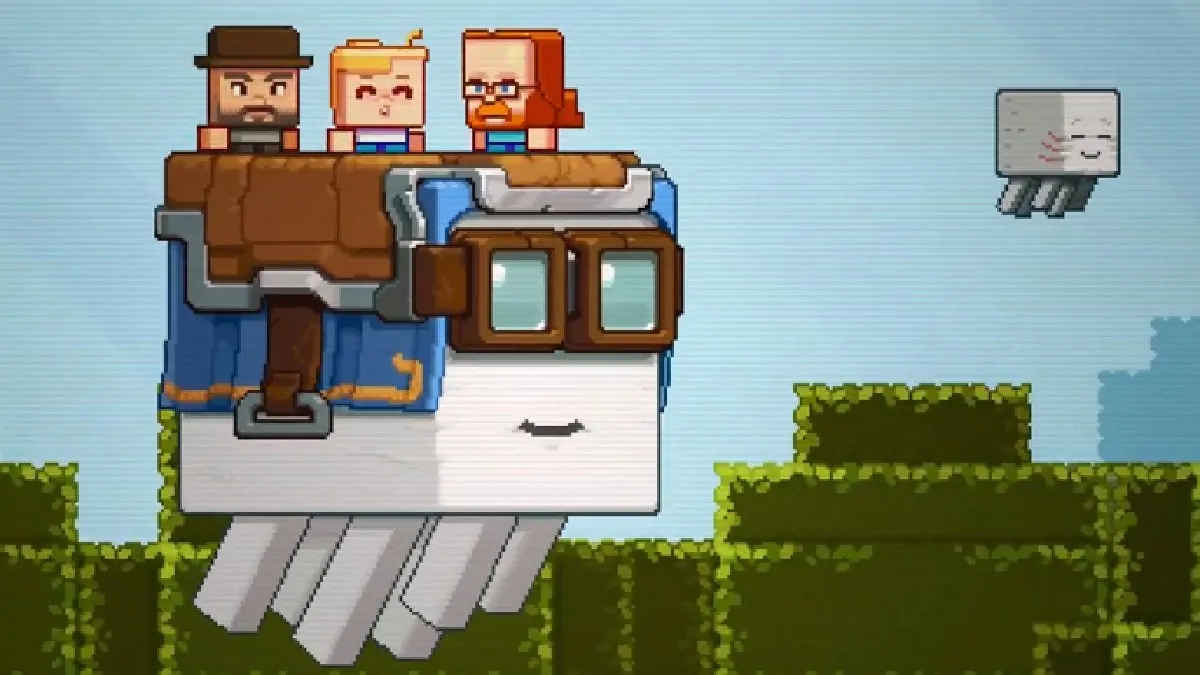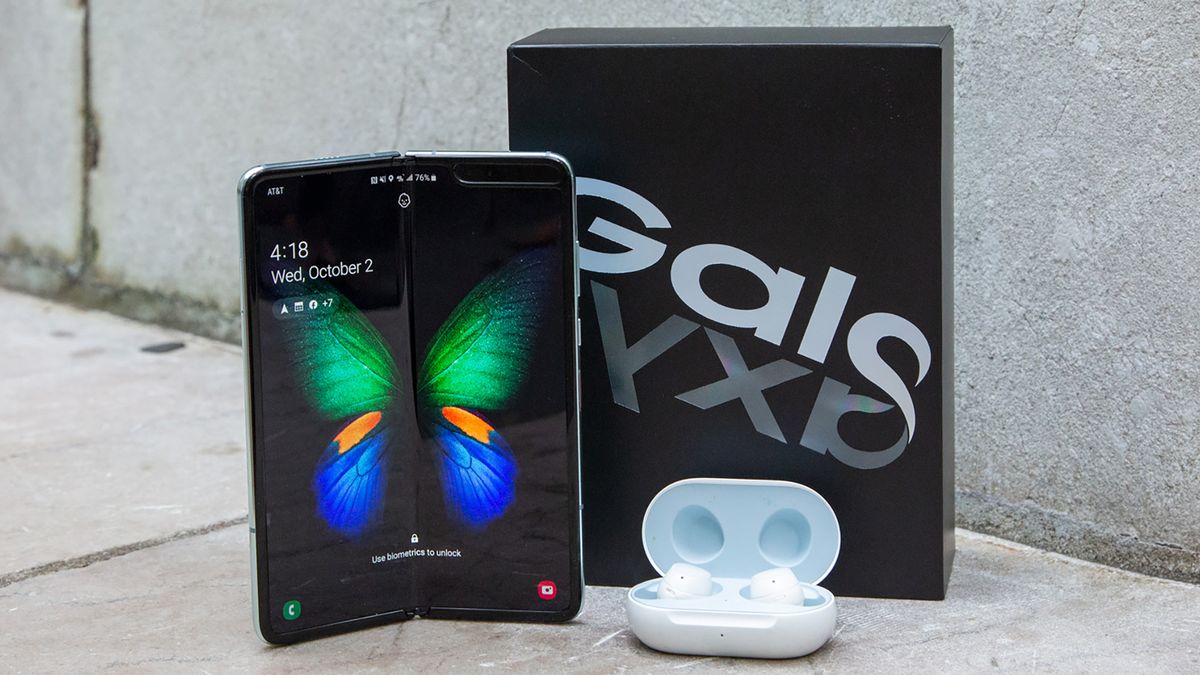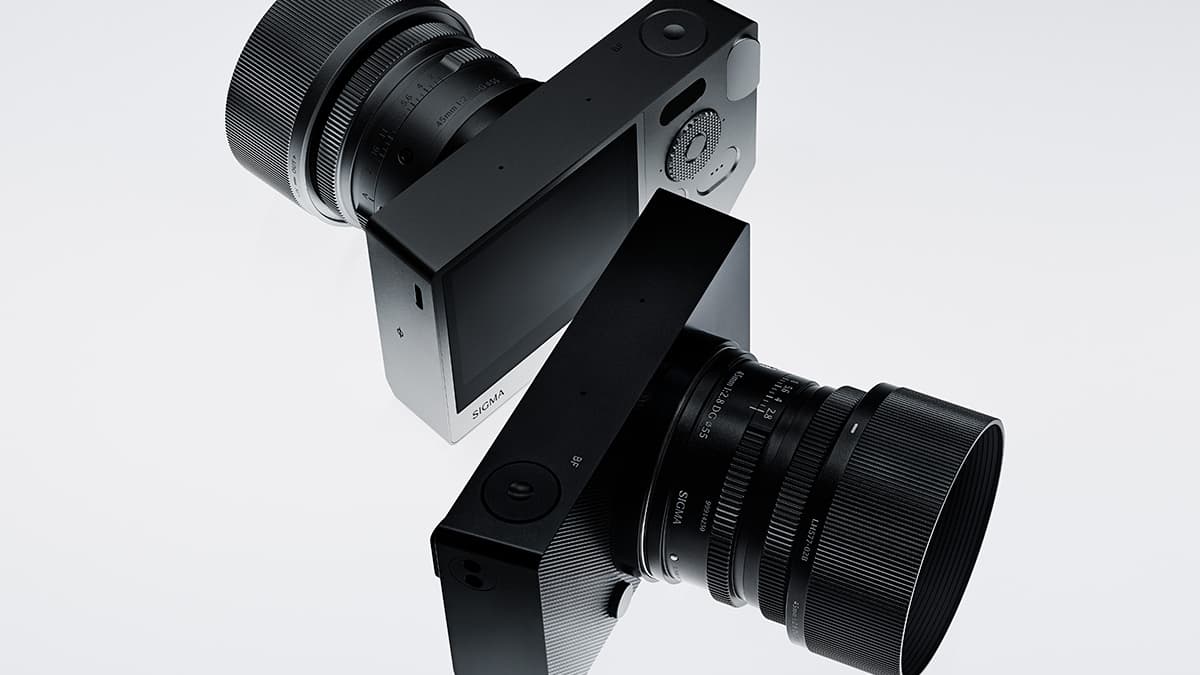Marathon's Social Design: Why Bungie Ditched Proximity Voice Chat
Technology
2025-04-13 20:58:56Content

The long-anticipated feature remains on hold, with developers adamantly stating that implementation will only proceed once a comprehensive strategy for addressing toxicity has been thoroughly developed and vetted. This cautious approach underscores the team's commitment to creating a safe and positive user experience.
Recognizing the complex challenges of online interactions, the development team is meticulously crafting a multi-layered approach to combat harmful behavior. Their goal is not just to suppress toxic interactions, but to fundamentally transform the digital environment into a more respectful and constructive space.
While the exact timeline remains uncertain, stakeholders are confident that the careful, deliberate process will ultimately yield a more effective solution than rushed implementation. The focus remains on quality, safety, and creating meaningful connections that enhance user engagement while minimizing potential negative experiences.
As discussions continue and strategies are refined, users can expect a thoughtful and comprehensive approach that prioritizes community well-being and positive digital interactions.
Bungie's Marathon Reboot: A Groundbreaking Approach to Multiplayer Toxicity
In the ever-evolving landscape of online gaming, developers are constantly seeking innovative solutions to address the persistent challenge of toxic behavior that plagues multiplayer environments. Bungie, a studio renowned for its groundbreaking game design, is taking a revolutionary stance that could potentially reshape the future of online interactions.Revolutionizing Online Gaming: When Player Behavior Becomes the Ultimate Challenge
The Toxicity Dilemma in Modern Multiplayer Experiences
The gaming industry has long grappled with the corrosive impact of toxic player interactions. Toxic behavior isn't merely an inconvenience; it's a systemic problem that undermines the fundamental social experience of multiplayer games. Bungie's approach to Marathon represents a paradigm shift, recognizing that technological solutions alone cannot address the deeply rooted psychological and social dynamics that fuel negative interactions. Psychological research has consistently demonstrated that toxic environments create significant barriers to player engagement and enjoyment. Players subjected to harassment, verbal abuse, and discriminatory language often experience decreased motivation, increased stress, and ultimately, game abandonment. Bungie's commitment to resolving these issues before fully implementing Marathon signals a profound understanding of the complex social ecosystem within online gaming.Innovative Technological and Social Frameworks
The studio is not merely developing a game but constructing an entire social infrastructure designed to preemptively mitigate toxic behaviors. Advanced machine learning algorithms, sophisticated player behavior tracking, and nuanced communication moderation tools are being meticulously developed to create a more inclusive and respectful gaming environment. These technological interventions go beyond traditional moderation techniques. By implementing contextual understanding, real-time sentiment analysis, and adaptive communication protocols, Bungie aims to create a dynamic system that can recognize and neutralize toxic interactions before they escalate. The goal is not punitive action but transformative behavioral modification.Community-Driven Accountability and Cultural Transformation
Bungie's approach extends beyond technological solutions, emphasizing community-driven accountability. The studio is exploring innovative player reputation systems, collaborative moderation tools, and incentive structures that reward positive interactions. By empowering players to become active participants in maintaining a healthy gaming ecosystem, Marathon could potentially establish a new standard for multiplayer game design. The implementation of sophisticated reputation mechanisms allows players to contribute to a self-regulating environment. Positive behaviors are not just discouraged from being toxic but actively celebrated and rewarded. This approach transforms moderation from a punitive process to a collaborative, community-building experience.Psychological and Sociological Implications
The potential impact of Bungie's approach extends far beyond the gaming industry. By developing comprehensive strategies to address interpersonal dynamics in digital spaces, the studio is essentially conducting a large-scale social experiment with profound implications for online interaction design. Researchers and sociologists are closely watching this development, recognizing that successful implementation could provide insights into managing digital social environments across various platforms. The lessons learned from Marathon could potentially inform strategies for combating online toxicity in social media, professional collaboration tools, and other digital communication spaces.The Road to Implementation: Challenges and Opportunities
Bungie's decision to delay Marathon's full release until a comprehensive toxicity solution is developed demonstrates an unprecedented level of commitment to player experience. This approach challenges the industry's traditional model of releasing games and addressing issues post-launch, instead prioritizing a holistic, proactive design philosophy. The challenges are significant. Creating a truly adaptive, fair, and effective system for managing player interactions requires unprecedented levels of technological sophistication, psychological insight, and continuous refinement. However, the potential rewards—a genuinely inclusive, respectful, and enjoyable multiplayer experience—make this ambitious endeavor worthwhile.RELATED NEWS
Technology

Gaming Shake-Up: Xbox Rumored to Challenge Nintendo Switch with Surprise Handheld Device
2025-03-11 03:55:00
Technology
Memory Crunch: Why the Pixel 9a Misses Out on Signature Google Features
2025-03-20 20:01:02
Technology

Brick by Brick: How LEGO Minecraft Designers Are Plotting Their Most Ambitious Rebuild Yet
2025-03-22 18:09:56





